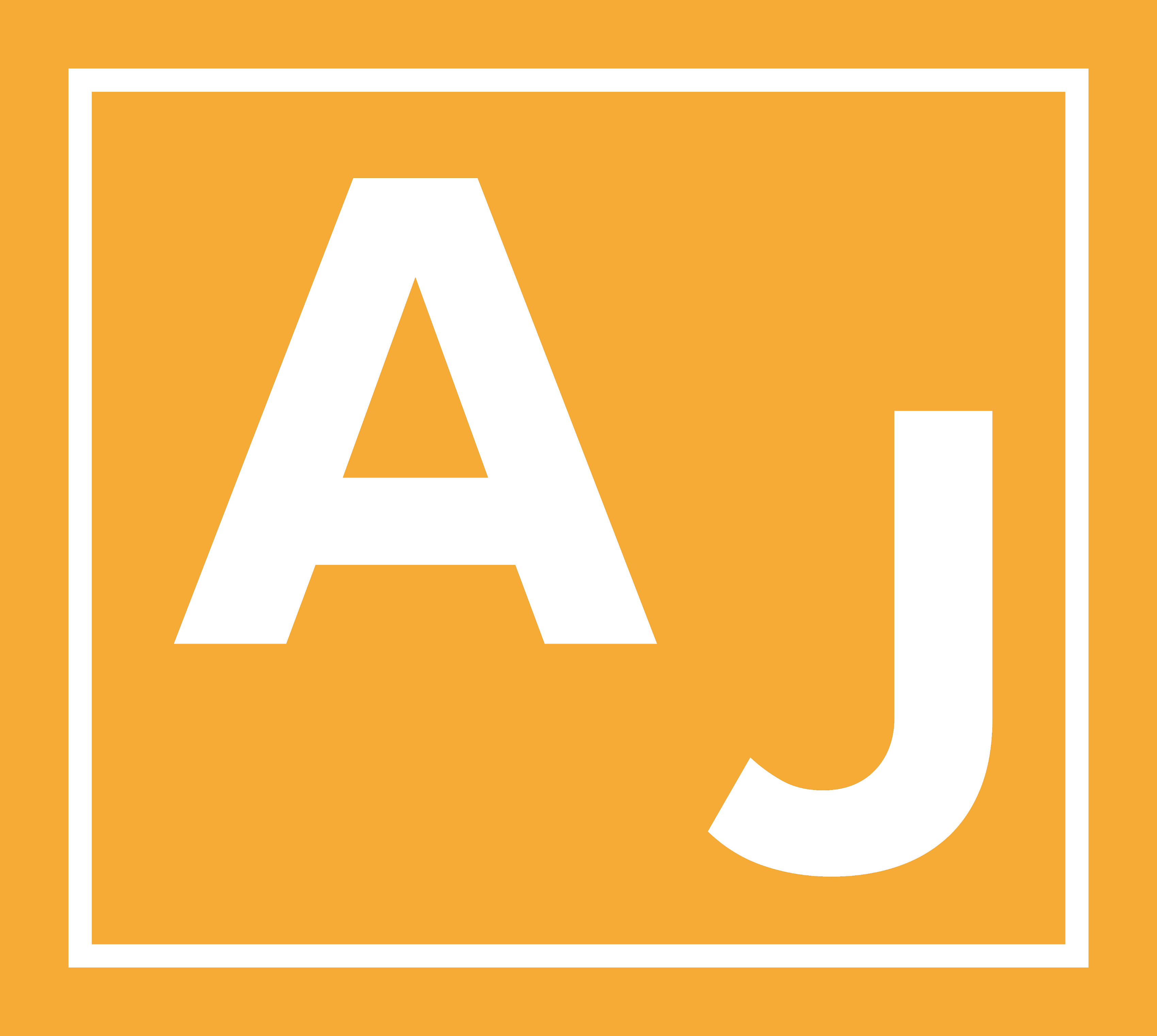The third lecture in the lecture series Digital Media in Politics and Society is online. It is available here and wherever you get your podcasts.
Link to script:
http://digitalmedia.andreasjungherr.de/docs/ai/ai_intro.html
We encounter AIs daily, be it in the voice assistants in our homes and phones, through automation in our workplace, or as the drivers of policing or credit decisions. In this and the following episodes, we focus on the impact of AI on democracy.
AI is a largely invisible feature of our daily lives with clear consequences for us as citizens and consumers. Examining the workings and real-world consequences of actually existing artificial intelligence is important. To do so, we first start with a discussion of what artificial intellence is and is not.
Chapters:
00:00 – Introduction
00:21 – Artificial intelligence and democracy
04:52 – What is artificial intelligence?
12:46 – Narrow artificial intelligence versus artificial general intelligence
24:51 – Conclusion
In this episode, we will be talking about the conditions for the successful application of artificial intelligence across different areas.
Going forward, we will be focusing on the uses and effects of narrow AI on politics and democracy. To do so, we first need to figure out what it is exactly that AI changes in these areas. In other words, what is AI good at? What becomes cheaper or easier to do? And, for which types of problems does this work?
Chapters:
00:00 – Introduction
00:56 – Predictions
08:08 – Machine readable
11:30 – Abundant outcomes
15:45 – Stability over time
19:58 – Reinforcing structural inequalities
23:55 – Conclusion
In this and the following episode, we will be talking about artificial intelligence and its impact on democracy. In this episode, we will start by discussing AI’s role in elections and its impact on people’s informational autonomy.
AI raises questions with regard to the integrity of elections as an adjudication process for the conflict between political factions. In the age of the perceived predictability of people’s political attitudes and behavior, can there be free and fair elections in which each faction conceivably might rise to power?
Is it still plausible that people are able to make political and societal decisions? For one, are information environments shaped by artificial intelligence based on the preferences of people still adequate to the task of creating informed publics able to form political opinions according to their interests? Going further, are scenarios provided by AI to experts about the future of complex issues not better decision makers than the people following their passions and their interests? How does democratic decision making hold up against this new environment.
Chapters:
00:00 – Introduction
04:46 – Artificial intelligence and elections
14:09 – Artificial intelligence and people’s informational autonomy
15:45 – Free expression
19:02 – Access to information
21:28 – Manipulation
23:30 – Expert rule
26:49 – Conclusion
We continue our discussion about artificial intelligence and its impact on democracy. In this episode, we focus on AI’s impact on equality and the competition between societies, some democratic, some not.
Can we still meaningfully speak of equality of rights and representation among people, if AI-based systems discriminate against minorities or the underprivileged? How do the known biases inherent in AI systems translate to democratic politics?
Even more fundamentally, what does equality even mean when AI contributes to massive power imbalances between the companies running and developing AI and everyone else, including the government?
To some commentators AI might also provide an opportunity for autocracies to get a leg up on democracies in the detection and solution to societal and political challenges. Traditionally, democracies were seen to be better at soliciting information about the state of their societies or the effects of interventions compared to autocracies. This information benefit was seen as one reason for democracies being able to outperform autocracies. AI might offset this benefit and allow autocracies to pass democracies by.
Chapters:
00:00 – Introduction
00:29 – Artificial intelligence and equality
08:31 – Artificial intelligence and power shifts between societies
17:53 – Artificial intelligence and democracy: The road ahead
23:38 – Conclusion
Link to podcast site:
https://tech-and-politics.letscast.fm
Link to YouTube Channel:
https://www.youtube.com/channel/UCNyEFI8ZU5LUC-04pNoTcOw/featured
